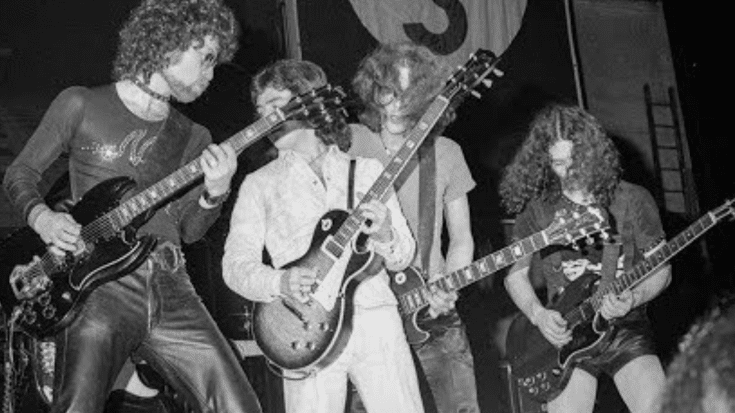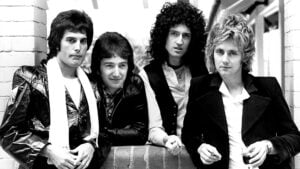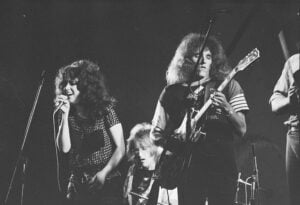7 Rock Albums from 1976 That Critics Hated but Fans Loved

via 208gerry2 / YouTube
In 1976, rock music reached a peak of experimentation and rebellion. While critics were quick to dismiss some albums, fans embraced them wholeheartedly, creating lasting memories with the music. Here are seven albums from that year that critics panned but fans celebrated for years to come.
1. Kiss – Destroyer
When Destroyer came out, critics dismissed it as overproduced and overly theatrical. The album’s layered sound and elaborate production drew comparisons to bands like Queen but left many reviewers unimpressed. However, fans loved the dramatic style and anthemic tracks that captured the larger-than-life essence of Kiss.
Songs like “Detroit Rock City” and “Beth” became instant classics. Fans appreciated the bold shift in tone and credited the band for trying something new. Over time, Destroyer became a defining album for Kiss and remains one of their most celebrated works.
2. Boston – Boston
Critics viewed Boston’s self-titled debut album as too polished and lacking authenticity. They felt the production overshadowed the band’s musicality, with the record being labeled as corporate rock. Despite the negative reviews, fans were drawn to the powerful guitar riffs and soaring vocals.
Tracks like “More Than a Feeling” and “Peace of Mind” found a permanent place on rock radio. Fans admired the meticulous production and how it elevated the music, making Boston one of the most successful debuts in rock history.
3. The Eagles – Hotel California
While Hotel California is now seen as a classic, some critics initially found it overly ambitious and pretentious. They viewed the band’s exploration of darker themes as a departure from their earlier, more carefree sound. Fans, however, were captivated by the storytelling and timeless melodies.
The title track became an anthem, with its haunting lyrics and intricate guitar solos. Songs like “Life in the Fast Lane” showcased a grittier side of the band, earning them a loyal following despite the early criticism.
4. Blue Öyster Cult – Agents of Fortune
Agents of Fortune baffled critics with its mix of hard rock and experimental sounds. Some reviewers felt it lacked consistency and strayed too far from the band’s earlier work. Fans, on the other hand, embraced the diversity and found the album’s unpredictability refreshing.
“(Don’t Fear) The Reaper” became a massive hit, securing the album’s place in rock history. Fans praised the band for taking risks and creating something unique, proving that critical opinions didn’t always align with popular tastes.
5. Rush – 2112
Critics labeled 2112 as overblown and self-indulgent, pointing to the lengthy title suite as evidence. They believed the album’s conceptual approach alienated listeners. Fans, however, found the story-driven album inspiring and praised Rush for pushing boundaries.
The 20-minute title track became a fan favorite, showcasing the band’s technical skill and ambition. Over time, 2112 gained recognition as a progressive rock masterpiece and cemented Rush’s reputation as innovators.
6. Lynyrd Skynyrd – Gimme Back My Bullets
Critics viewed Gimme Back My Bullets as a step down from the band’s earlier albums, calling it lackluster and uninspired. Fans, however, connected with the raw energy and Southern rock spirit that Lynyrd Skynyrd brought to the record.
Songs like “Gimme Back My Bullets” and “Double Trouble” resonated with audiences who appreciated the band’s no-frills approach. Despite the lukewarm reviews, the album became a staple for fans of the genre.
7. Queen – A Day at the Races
When A Day at the Races followed the massively successful A Night at the Opera, critics accused it of being a weaker imitation. They felt the album lacked the innovation of its predecessor. Fans, however, adored the album for its rich harmonies and iconic tracks.
Songs like “Somebody to Love” and “Tie Your Mother Down” became fan favorites. The album’s mix of theatricality and heartfelt lyrics resonated with listeners, cementing Queen’s place as one of the most beloved rock bands of the era.












